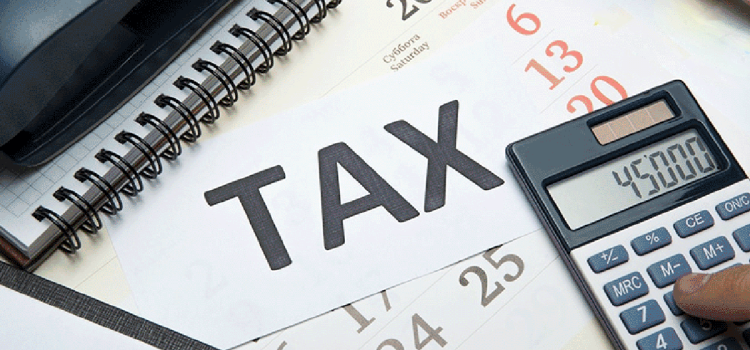
Introduction:
I’m Sarah, a seasoned accountant with over 15 years of experience helping small businesses navigate the complexities of tax filing. Today, I’m here to share my top tips to help you reduce your tax burden and maximize your profits.
As a small business owner, you understand the importance of every dollar. Taxes, while necessary, can take a significant chunk out of your hard-earned income. But fear not! By implementing strategic tax planning, you can significantly reduce your tax liability and invest more resources back into your business.
6 Savvy Strategies to Slash Your Tax Bill:

-
Embrace the Power of Deductions: Understand which business expenses are tax-deductible. This includes common expenses like office supplies, marketing costs, and travel related to your business. Keep meticulous records of your spending to ensure you can claim all eligible deductions.
-
Invest in Your Future: Contribute to a retirement plan like a SEP IRA or Solo 401(k). These contributions not only help you prepare for the future, but they also significantly reduce your current taxable income.
-
Maximize Home Office Benefits: If you work from home, you may be eligible for the home office deduction. This allows you to deduct a portion of your home expenses based on the percentage of space used for business purposes. Remember, specific rules apply, so consult with a tax professional to ensure eligibility.
-
Explore Tax Credits: Certain tax credits can further reduce your tax liability. Research federal and state tax credits available to small businesses in your industry.
-
Seek Professional Guidance: Don’t hesitate to consult with a qualified tax professional. They can guide you through the intricacies of tax laws, advise on deductions and credits, and ensure you’re filing accurately and maximizing your deductions.
-
Stay Organized: Maintaining meticulous records of your income and expenses throughout the year is crucial. This simplifies tax filing and streamlines the process of claiming deductions and credits. Utilize accounting software or consider hiring a bookkeeper to manage your financial records.
Key Tax Deductions for Small Businesses:
| Deduction Category | Examples |
|---|---|
| Business Expenses | Rent, utilities, office supplies, marketing costs, travel, meals (with limitations) |
| Employee Benefits | Health insurance contributions, retirement plan contributions, paid time off |
| Vehicle Expenses | Business mileage (standard deduction or actual cost method), lease payments, repairs, and maintenance |
| Interest Expenses | Business loan interest, credit card interest (on business-related purchases) |
Remember: This table provides a general overview, and specific eligibility criteria may apply. Consult with a tax professional for personalized guidance.
Conclusion:

By implementing these strategies, you can take control of your tax situation and free up valuable resources to reinvest in your business growth. Remember, tax laws are constantly evolving, so staying informed and seeking professional advice whenever needed is crucial. With careful planning and strategic implementation, you can conquer tax season and pave the way for long-term success for your small business.










